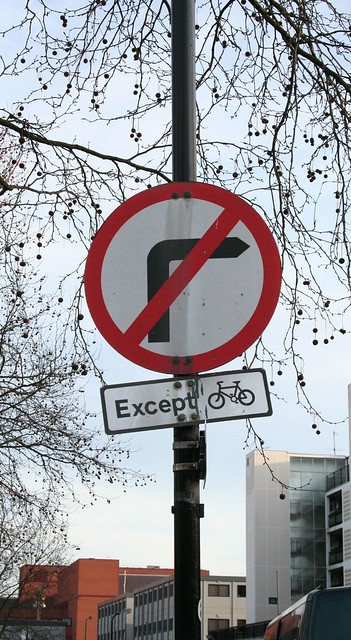The
second conditional in English is used to talk about imaginary scenarios that
the speaker considers unlikely to happen or to be true.
She wouldn't be happy if she found out about it. (But I don't
quite think she'll find out.)
If I had a million dollars, I'd buy a Porsche. (But I don't have that
much money and it's not likely that I'll get it anytime soon.)
If I were you, I wouldn't do that. (But there's no way I can be you.)
In such sentences, the verb in the ‘if-clause’ doesn't really mean some past
action but something improbable, if not downright impossible. In fact, though the
verb form used seems to be in the past tense, it's really in the so-called
subjunctive mood (past subjunctive*); the past subjunctive is used not only for
remote possibilities like in the second conditional, but also to express a
wish, emotion etc.
I wish I had a car. (But I don't have one at the moment.)
If only they were here! (But they're not.)
Unlike in some other European languages, the past subjunctive in modern English
resembles the past tense in the case of most verbs. The rare exception is the
verb ‘be’, where ‘were’ is used – especially in formal usage – even with a
singular subject (as in ‘If I were you’). This lack of difference in most verbs
spares the second-language learner the trouble of memorizing
one more verb form, but leads to some difficulty in separating it from real
past action.
On the other hand, as standard grammar books present the second conditional as
if any ‘if-clause’ with a past-tense verb should fall in that category, some
students have trouble realizing that ‘if’ can occur with real past action too.
If he had some free time, he played video games. (Whenever he had some
free time, he played video games.)
If she found out about it, why didn't she talk about it?. (Assuming that
she found out about it...)
If he was at school yesterday, he must have seen the accident. (Assuming
that he was at school yesterday...)
*Some people argue that the ‘past subjunctive’ should actually be called the irrealis mood and the subjunctive mood is found only in the ‘present subjunctive’ in English (which uses the base form of the verb and is found especially in formal or idiomatic usage to indicate a wish, suggestion, possibility etc).
Long live the Queen! (May the Queen live long!)
I suggested that she keep her mouth shut. (I suggested that she should keep her mouth shut.)
We’ll finish it on time, come hell or high water. (…whatever happens.)
If you want to end this relationship, then so be it. (…then I have to accept it.)
You have to take this job, whether it be good or bad. (…whether it is good or bad.)
Be that as it may, we’ll focus on the more important points. (Leaving that as it is…
Come what may, we’re determined to continue. (Whatever happens…
Suffice it to say that we never went back. (It would be sufficient to say that…)
They want to come here for the weekend? God forbid! (May it not happen!)
We’re willing to intervene, if need be. (…if necessary.)
(Image credit: M. Pratter)


